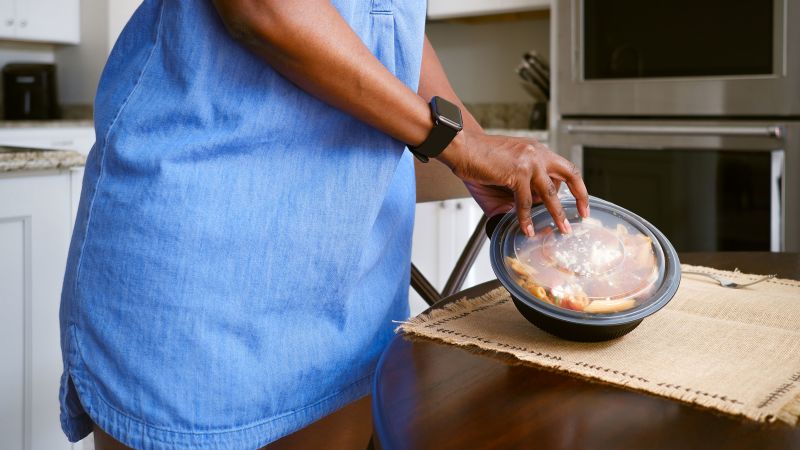Not only this, but the machines used to process food shed plastic too. Which I think people are even less happy to hear, because this means simply buying food in glass and paper containers doesn’t make much difference.
Analysis of microplastics in commercial vegetable edible oils from Italy and Spain
https://www.sciencedirect.com/science/article/abs/pii/S0308814624002152
It’s pretty much inescapable and we need government regulation. I’m surprised the EU hasn’t led the way here yet, but they probably will be among the first.
One of the studies included in the new review found 1 liter of water — the equivalent of two standard-size bottled waters bought at the store — contained an average of 240,000 plastic particles from seven types of plastics, of which 90% were identified as nanoplastics and the rest were microplastics.
Sounds like plastic bottle manufacturers aren’t rinsing their product before the get shipped and filled.
Plastic bottles are usually made from preforms delivered from the plastic bottle manufacturer. The rinsing would ideally be when the bottle is formed from a preform at the soda plant, before the bottle is filled. Some do this (sometimes with harsh chemicals), but most don’t as they consider the preform as sufficiently clean enough to fill.
I’ll continue to use glass bottles with metal caps then. But I’ve never seen a glass bottle with a plastic cap
I hate to break it to you… Glass bottle microplastics study
THE DEUCE? damn, thanks for this. So it’s the paint from metal caps… Maybe, now we’ve removed dyed plastic caps in places, this is the next target…
Yeah unfortunate news. Sorry about that. Haha
How do you think the gaskets are made?
It is in everything, even our brains. You thought covid was bad on your cognitive abilities, plastic is making it worse day by day.
I wonder if it’s the reason that everyone seems to have lost their fucking minds these days.
No shit, hot food sheds plastic from its container.
It’s more than just take-out packaging.
Ripping the plastic wrap from the meat or prepackaged fruit and veggies you purchased at the grocery store may contaminate your food with micro- and nanoplastics, according to new research.
Plastic contamination may also occur when you’re unwrapping deli meat and cheese, steeping a tea bag in hot water, or opening cartons of milk or orange juice. Glass bottles and jars with a plastic-coated metal closure may also shed microscopic bits of plastic, the study found.
We really need to establish the toxicity of this stuff because I can’t imagine abolishing plastic in the food pipeline anytime soon. It’s too embedded. However we can hopefully get rid of the most contaminating sources.
Was waiting for this one!




